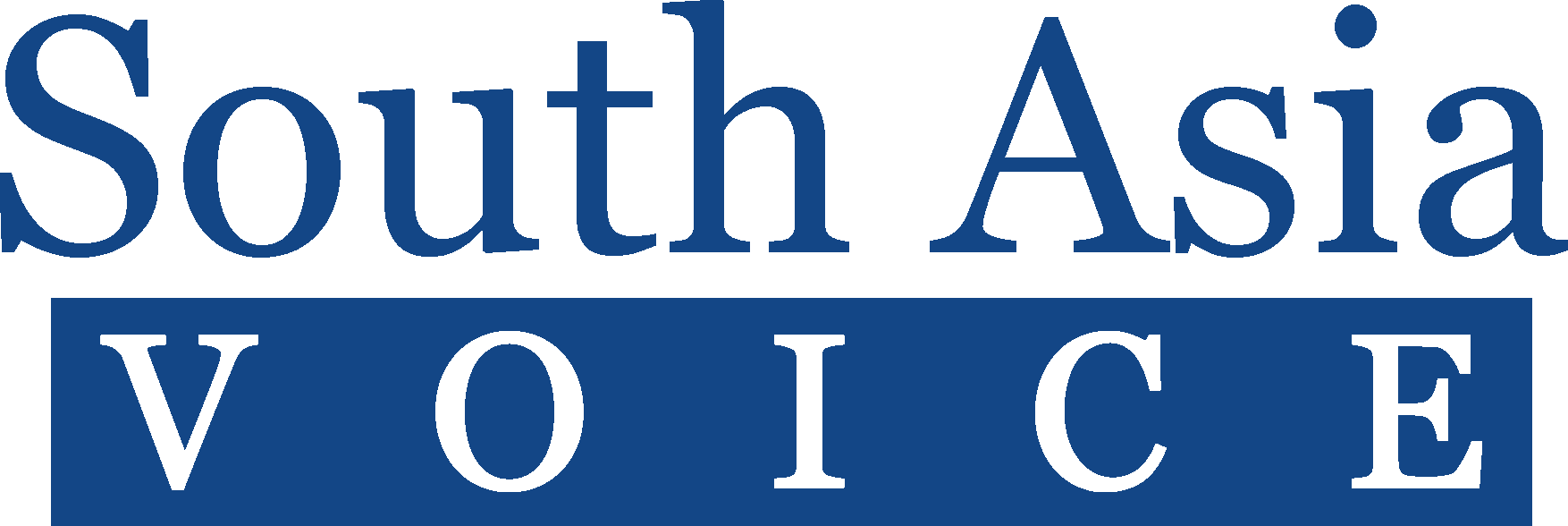While taking an Uber to Dhanmondi 19, an auto-rickshaw came flying from the left and crashed into my car. There was a huge dent, and the side mirror shattered. The driver said, “My brakes were not working.” I was surprised to see him pressing the brakes again right in front of me.
I said, “Auto-rickshaws are not allowed on main roads.” I managed to explain this to my driver, but onlookers, along with other rickshaw and CNG drivers, started pressuring him instead. A traffic sergeant arrived but sided with the rickshaw driver.
I suggested a simple solution: “Fine him. The damage to my car is at least 10,000 BDT.” The rickshaw driver could not pay. The police advised taking it to the station and checking cameras. I said, “The rule is clear. Auto-rickshaws should not be on the main road.” His response was, “You will have to tell the government.”
This scene is common in Dhaka. When someone breaks rules, people excuse them because they are “poor.” But rules apply to everyone. Until traffic regulations are followed and laws are enforced equally, the city will remain stuck at 20-30 kilometers per hour.
Creating awareness is crucial. Citizens must understand that following traffic rules is not merely about avoiding fines—it is about safety, efficiency, and the overall development of the city. Every individual, regardless of social or economic status, must take responsibility for respecting laws and promoting order on the roads.
The solution is clear: awareness and fair law enforcement for all. Otherwise, the city may move, but it will not progress.

